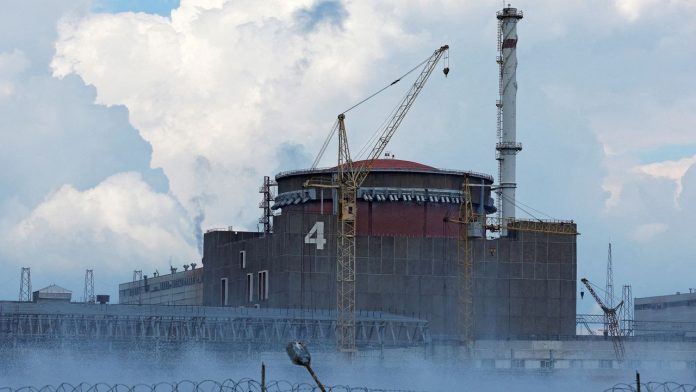Concerns over the nuclear safety at the Zaporizhzhia Nuclear Power Plant (ZNPP) in Ukraine amid warnings from the International Atomic Energy Agency (IAEA) over ongoing attacks around it are growing, according to Emerging Risks.
IAEA Director General Rafael Mariano Grossi stated that the situation was worsening after a drone strike that struck a road around the plant site’s perimeter.
Yet again we see an escalation of the nuclear safety and security dangers facing the Zaporizhzhia Nuclear Power Plant. I remain extremely concerned and reiterate my call for maximum restraint from all sides and for strict observance of the five concrete principles established for the protection of the plant.
This week, the IAEA Support and Assistance Mission to Zaporizhzhia (ISAMZ) team received information from the ZNPP that an explosive delivered by a drone had detonated just outside the plant’s protected area. The impact site was located near the main cooling water sprinkler ponds and about 100 metres from the Dniprovska power line, which provides electricity to the ZNPP.
No casualties were reported, and the NPP equipment was not damaged. However, the road between the two main gates of the ZNPP was affected. There is no sign of any decrease in military activity in the ZNPP area, despite repeated calls for restraint by Director General Grossi.
On 10 August, the ZNPP reported to the IAEA team that artillery struck a local electricity and water substation in the neighbouring city of Enerhodar, where most of the plant’s employees resided. Two transformers broke down as a result of the attack, leading to a power outage in the city.
The organisation added that IAEA teams maintaining the Agency’s permanent presence at Khmelnytsky, Rivne and South Ukraine NPPs, as well as at the Chornobyl site, had reported frequent air raid alerts and drone attacks. Grossi stated:
Nuclear power plants are designed to be resilient against technical or human failures and external events including extreme ones, but they are not built to withstand a direct military attack, and neither are they supposed to, just as with any other energy facility in the world. This latest attack highlights the vulnerability of such facilities in conflict zones and the need to continue monitoring the fragile situation.
